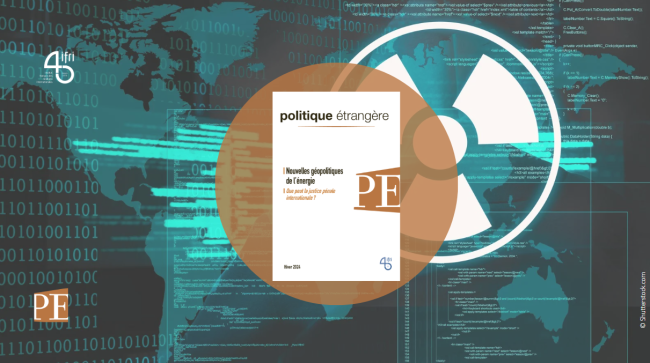Russia's Nuclear Forces: Between Disarmament and Modernization

Nuclear weapons have traditionally occupied an important place in Russia’s national security strategy. As Russia and the United States have been reducing their nuclear arsenals since the end of the Cold War, their relationship has undergone a complex transformation. Russia, however, still considers strategic balance with the United States to be an important element of national security.
During the recent arms control negotiations with the United States, Russia strongly emphasized its interest in missile defense and conventional strategic launchers - issues that might directly affect its deterrent potential and discourage deep reductions. Still, the nuclear disarmament process could also change Russia’s security policy in a variety of ways, depending on how the subsequent dialogue addresses several key issues. After an overview of the current status of the Russian strategic nuclear forces and the strategic modernization program undertaken by Russia, this Proliferation Paper considers the role that missile defense and tactical nuclear weapons could play during the next round of nuclear arms control negotiations. Each of these problems presents a serious challenge. Nevertheless, this analysis suggests that recent progress in nuclear disarmament and the willingness of both countries to engage in a dialogue give the two countries an opportunity to reduce the importance of nuclear weapons in their relationship.

Available in:
Regions and themes
ISBN / ISSN
Share
Download the full analysis
This page contains only a summary of our work. If you would like to have access to all the information from our research on the subject, you can download the full version in PDF format.
Russia's Nuclear Forces: Between Disarmament and Modernization
Related centers and programs
Discover our other research centers and programsFind out more
Discover all our analysesDeep Precision Strikes: A New Tool for Strategic Competition?
Reaching deep into the enemy’s system to weaken it and facilitate the achievement of operational or strategic objectives is a key goal for armed forces. What capabilities are required to conduct deep strikes in the dual context of high-intensity conflict and strengthened enemy defenses?
From Cuba to Ukraine: Strategic Signaling and Nuclear Deterrence
Strategic signaling—the range of signs and maneuvers intended, in peace time, to lend credibility to any threat to use nuclear weapons—is back.
Return to the East: the Russian Threat and the French Pivot to Europe's Eastern Flank
Russia’s full-scale invasion of Ukraine on February 24, 2022, has flung Europe’s Eastern flank into a new phase of strategic confrontation. It has had a major effect on France’s position, which was previously somewhat timid, leading it to significantly reinforce its deterrence and defense posture in support of the collective defense of Europe, in the name of strategic solidarity and the protection of its security interests.
Military Stockpiles: A Life-Insurance Policy in a High-Intensity Conflict?
The war in Ukraine is a reminder of the place of attrition from high-intensity conflict in European armies that have been cut to the bone after three decades of budget cuts. All European forces have had to reduce their stocks to the bare minimum. As a result, support to Ukraine has meant a significant drain on their operational capabilities. A significant amount of decommissioned systems were also donated, due to the lack of depth in operational fleets.










